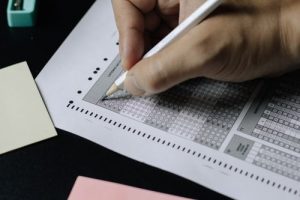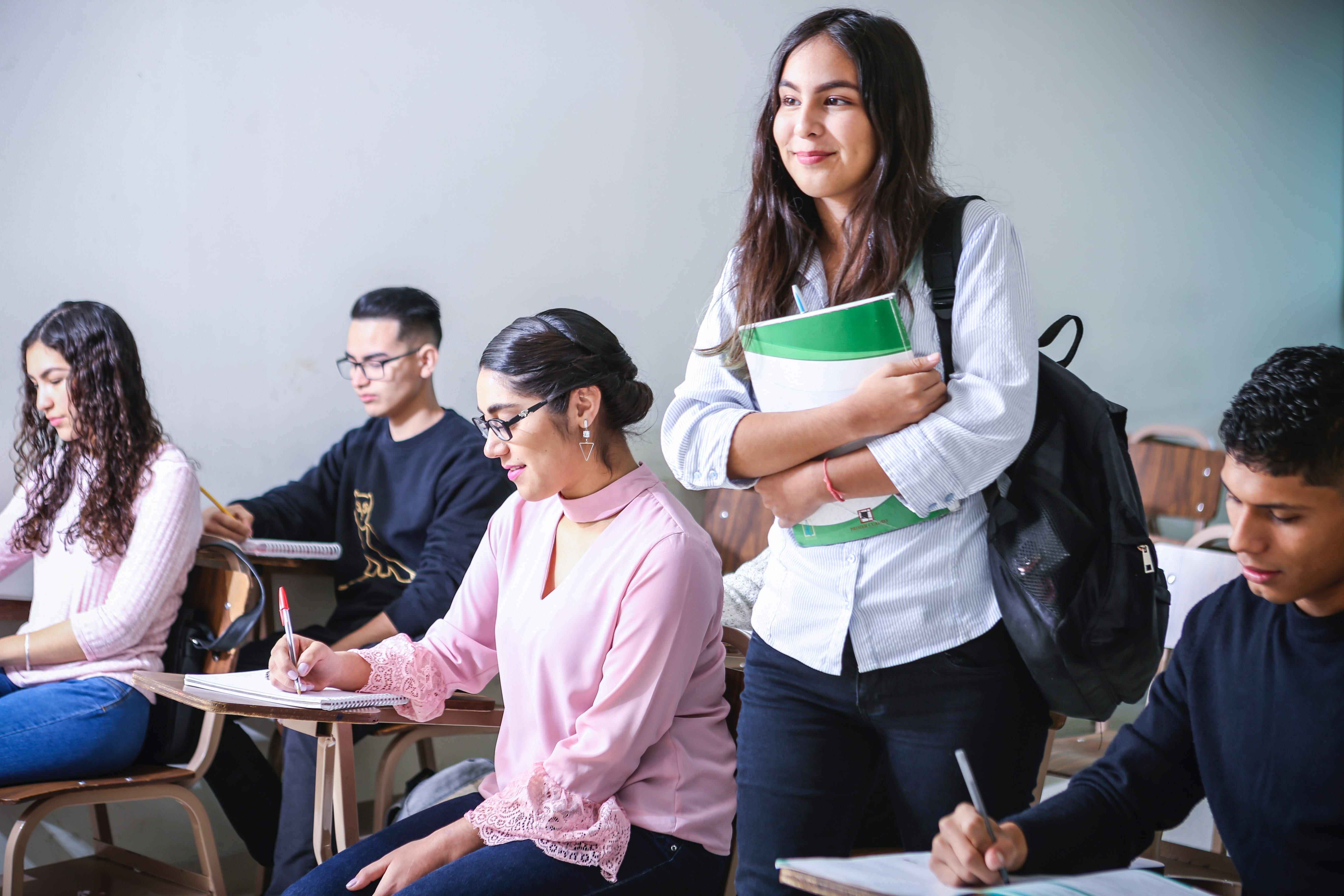Students get a sense of belonging and significance when they become in charge of their learning.
Giving students charge of their learning makes them independent, competent, and confident. When a teacher inspires students to regulate their studies, their interest improves, and they become attentive, focused, and self-motivated.
Empowerment also helps students make their own strategies, understand the assigned responsibilities, and encourage them to rush toward their goals. After directing students to control their performance actively, a teacher or a mentor can measure their academic and non-academic progress and keep a check and balance on them.
There are numerous methods to make students be your master – make your decisions and tick your choice independently, but we have discussed the top five for teachers and parents.
Some Helpful Ways to Let Students Control Their Learning Style
1: Inspiring and Motivating Students
Motivation is the first orientation toward learning as it encourages students to achieve their goals. Motivation can give students a sense of control, clear learning objectives, and a self-made environment. When students take charge of their learning, they will be able to learn new ideas, skills, and situations in which they will feel more comfortable and constructive towards the world. As a result, when students are deeply engaged in a task, they will make fewer mistakes and be motivated to learn more and grow more.
2: Enabling Pupils to Achieve Their Targets
When students are able to take charge of their studies, they will be more conscious of achieving their objectives. Total concentration and hard work are significant factors for achieving your academic goals. Students of all ages should learn the power to set personal goals to succeed in their educational careers. Developing a personal plan plays an essential role in students’ learning. When students make personal goals and strategies for their learning, they will focus on these more heartily.
These learning strategies may include:
- Organizing yourself
- Time management
- Achieve good grades
- Work on communication skills, etc.
3: Allowing Them to Make Their Own Choices
Nowadays, technology is overtaking the world, and the young generation finds it more reliable to learn from the internet. Internet learning allows students to learn at their own pace where they can access a broader range of new ideas. When we ask the students to make their own choice in learning, it will increase their confidence.
Technology improves the quality of information and learning, and using different applications can make learning effortless. For example, the Osmosis App on Play Store offers a wide range of videos, questions, flashcards, and notes on medical and health topics to help the students effectively retain more information. This app store is an all-in-one platform with new features and improved performance that offers advanced and integrated ways of learning to students.
4: Supporting
When students become masters of their learning, they tend to think of more strategies and put ultimate effort into achieving their goals; eventually, their time management improves. For this, students would create a schedule with their daily agendas under the influence of their inner drive, and no one would have to dictate to them to take their dreams earnestly and put in the work dedicatedly.
5: Measuring Students’ Progress

Criticism by a teacher can reduce the motivational power of a student, or you can say that we can give timely feedback, which can take the students on the first step of a learning ladder. While we should allow students to access their progress and reflect on the progress, they are making. They can measure their progress by their daily assessments. So it will be more beneficial for the students to measure their progress and build it high.
Our Key Takeaway
Students get a sense of belonging and significance when they become in charge of their learning. Teachers have a significant role in putting the students in order of learning; only a skilled teacher can create an environment for students to do what they want and how they want. When students experience challenges, they feel self-valued and respectful and show their best.
By taking charge of their learning, students can face challenges, develop problem-solving skills, and tackle all the problems themselves. It will also make them more responsible for studies, exams, and lifestyle.


Join the conversation!